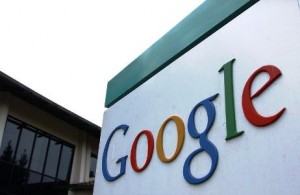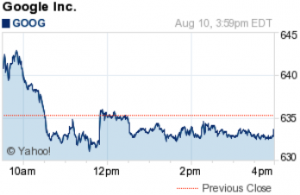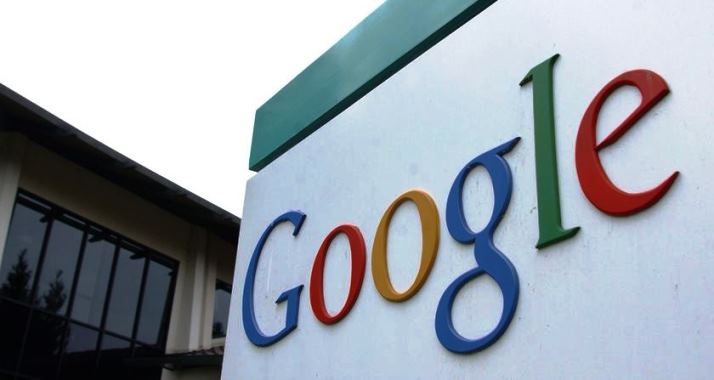 Google to become Alphabet as firm shakes up operating structure as Investors have been after Google (GOOGL) CEO Larry Page for years to cut back on the pie-in-the-sky bets that many see as a costly distraction to the company’s highly profitable core search and Internet advertising businesses.
Google to become Alphabet as firm shakes up operating structure as Investors have been after Google (GOOGL) CEO Larry Page for years to cut back on the pie-in-the-sky bets that many see as a costly distraction to the company’s highly profitable core search and Internet advertising businesses.
Page and Google co-founder Sergey Brin came up with an unprecedented solution: create a new holding company structure to separate, at least in their financial results, Google’s core Internet businesses from the farther afield fare like DNA research, smart thermostats and self-driving cars. Under the unorthodox plan unveiled by Page on Monday, a new holding company called Alphabet will be formed as the publicly-traded entity owning Google and all of its varied other efforts. Page will become CEO of Alphabet and Sundar Pichai, who oversaw most of Google’s core businesses, will become CEO of the newly segregated Google unit. Brin will become the president of Alphabet, and Eric Schmidt will become the executive chairman of Alphabet.
The Google unit, which will report distinct financial results, will include only search, ads, maps, apps, YouTube and Android and the related technical infrastructure, the company said in a filing with the Securities and Exchange Commission. Businesses such as Calico, smart hardware maker Nest, and Fiber, as well as its investing arms, such as Google Ventures and Google Capital, and incubator projects, such as Google X, will be “managed separately from the Google business,” the company said.
The solution differs from the typical strategies Wall Street bankers and activist investors favor, such as spinning off unrelated units or issuing tracking stocks. But it should give investors a clearer picture of how well Google’s core businesses are doing by reporting the expensive experiments separately. Under Delaware law, shareholders won’t get a chance to vote on the structural change, Google said.
Page and Brin showed no interest in curbing their wide-ranging ambitions. “We’ve long believed that over time companies tend to get comfortable doing the same thing, just making incremental changes,” Page wrote in a blog post announcing the change. “But in the technology industry, where revolutionary ideas drive the next big growth areas, you need to be a bit uncomfortable to stay relevant.”
 In an interview with Yahoo Finance in May, Pichai emphasized that Google’s mobile efforts were just getting started. “We think we have a long ways to go,” Pichai said. “There are seven billion people in the world. And I think phones are the first time most people will have access to a modern computing device. With Android we want to enable that for people.”
In an interview with Yahoo Finance in May, Pichai emphasized that Google’s mobile efforts were just getting started. “We think we have a long ways to go,” Pichai said. “There are seven billion people in the world. And I think phones are the first time most people will have access to a modern computing device. With Android we want to enable that for people.”
Source: Yahoo Finance






















